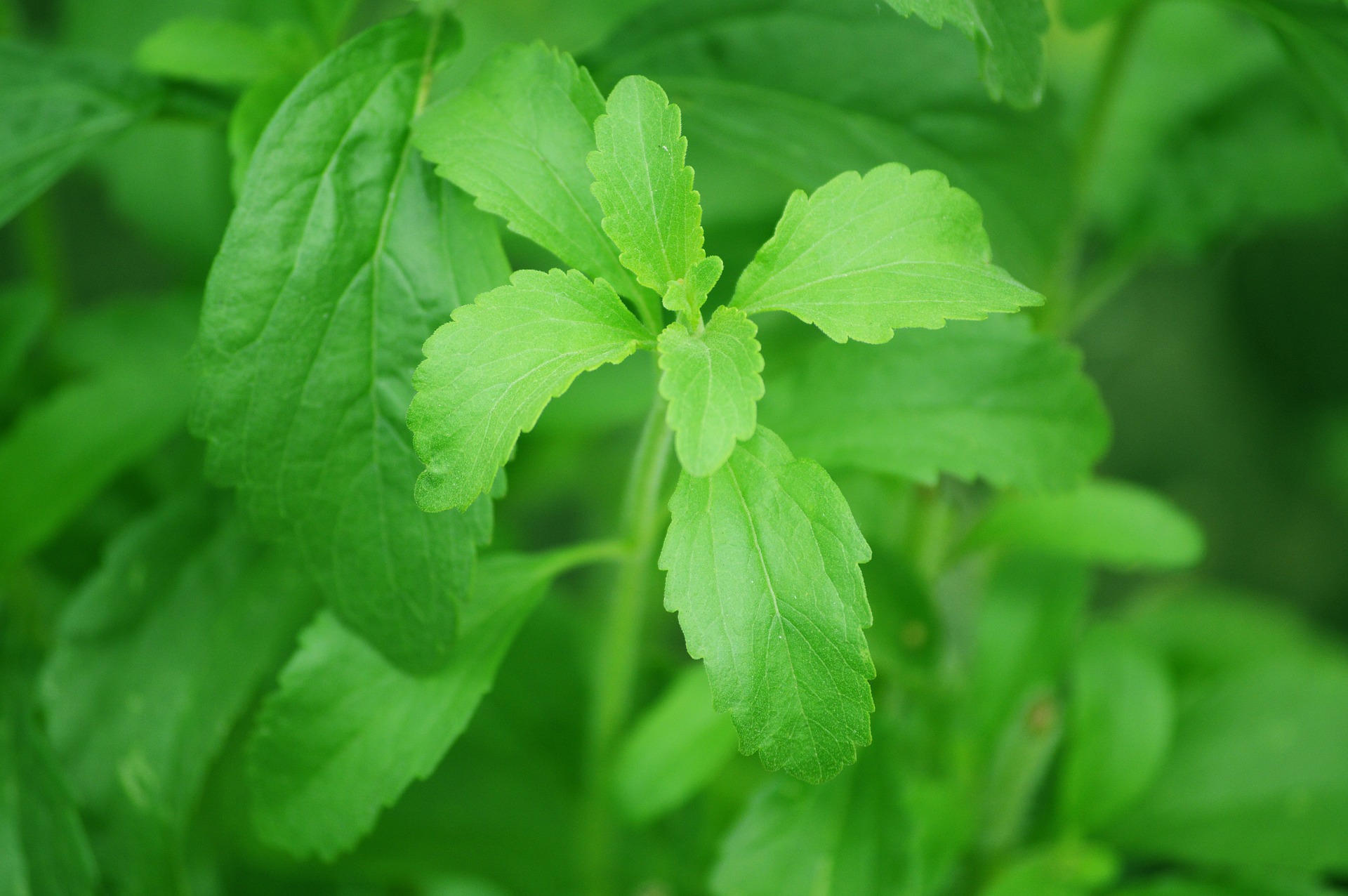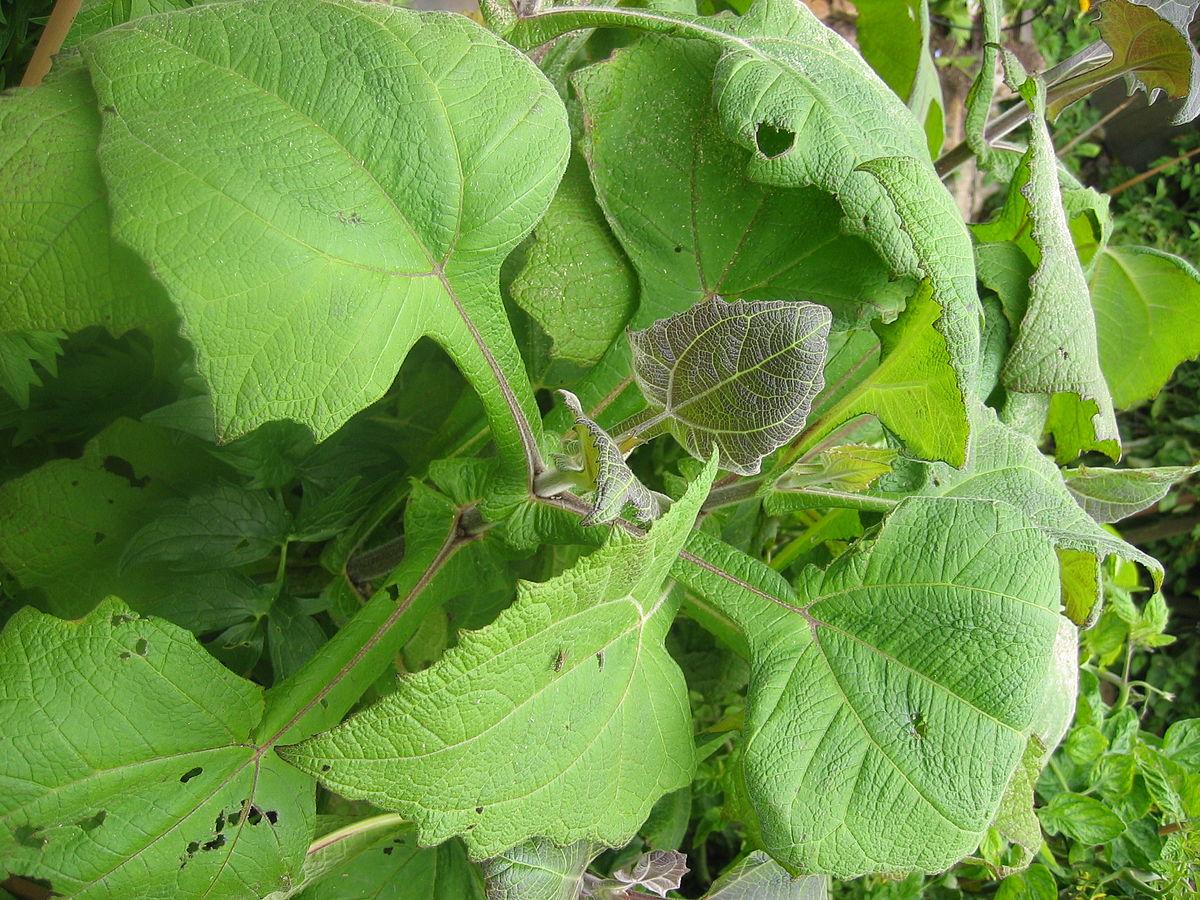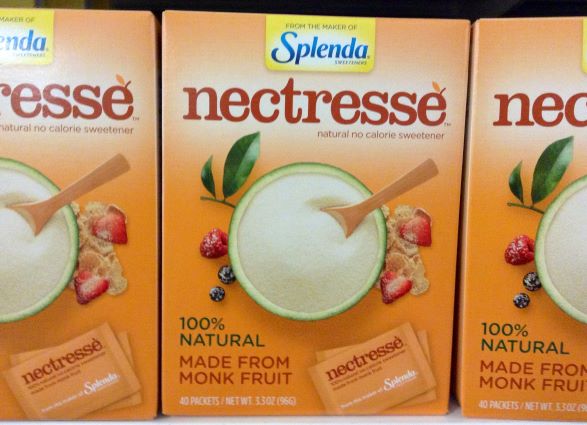Alternative sweeteners have become more popular, as individuals look to cut sugar from their diet one spoonful at a time.
Excess dietary sugar affects heart health by overloading the liver, accumulating fat, raising blood pressure, and increasing chronic inflammation.
Sugary beverages contribute to weight gain in particular, while additives in food that end with ‘-ose,’ such as fructose, are also problematic.
Lowering your sugar intake can be a long and arduous process, but there are some great products out there as alternatives. The following list will survey some natural and lab-developed chemicals sweeteners designed to promote better long-term health.
1. Stevia

Stevia is arguably the most popular (and healthiest) alternative to sugar. It’s a 100% natural, zero-calorie sweetener known to lower blood pressure and blood sugar levels.
Stevia, which has no documented negative health effects, is removed from the leaves of a South American plant called Stevia rebaudiana which has been in use for centuries in natural medicines.
The product we use as a sweetener can be extracted from the compounds stevioside and rebaudioside A, which have been found to be up to 350 times sweeter than sugar.
The only potential downside to stevia is the taste, which can be difficult to align with those who have spent their time using sugar in coffee, cake, and sweets in general.
The more popular Stevia brands are able to mask any adverse taste – it’s likely a matter of finding the right one for you against the cost.
2. Yacon Syrup

Yacon syrup is another unique plant-based sweetener grown natively in South America. It’s taken from the roots of the Yacon plant. It features a caramel taste at around half the sweetness of honey.
This syrup has become a popular weight loss supplement as its high in fructooligosaccharides, which function as soluble fibers that feed the good bacteria in the gut and help move content through the bowel.
According to this Q&A from nature.com, the bacteria in Yacon Syrup helps “regulate the immune system, inhibiting the growth of disease-causing bacteria, digesting food and producing valuable vitamins.”
Due to its role in gut and intestine health, it’s best to take yacon syrup as directed or consult with a health professional prior to commencing it in your health routine.
3. Monk Fruit Sweetener

Monk fruit, known also as Luo Han Guo, is a herb vine of the gourd family native to China and Thailand. It was given the name “monk” fruit 1000 years ago, when Buddhist monks developed the small gourds for use in dishes.
Monk fruit is cultivated for its extract mogrosides, a compound high in antioxidants that reportedly creates a sweetness 250 times stronger than sugar.
It has many similarities to stevia, featuring zero calories, zero carbs, and zero sugars, but doesn’t last long fresh and needs to be dried out for full efficacy.
4. Xylitol
Xylitol is a chemical found in small amounts in many fruits and vegetables so is considered natural, yet is defined as a sugar alcohol (not related to the alcohol that gets you drunk).
Sugar alcohols have been an increasingly popular alternative to sugar. With 40% fewer calories than white sugar, it’s a useful alternative; Xylitol looks and tastes similar to white sugar but has fewer calories and fewer negative health effects overall.
As a refined sweetener – you’ll mainly find Xylitol in products to aid dental health such as chewing gums – it has no real positive health value because there are no minerals, vitamins, or proteins.
Xylitol is toxic to dogs, so keep anything with it away from your four-legged friends.
Keto expert Dr. Berg’s clip below breaks down Xylitol in detail.
5. Erithrytol
Another sugar alcohol erythritol essentially has all the good effects of sugar without the calories and is comparable to Xylitol in many ways.
There are issues still to iron out regarding weight gain metabolic health (see video clip). This comes from erythritol impacting the “reward value” of foods, contributing to a greater appetite and less restraint in consumption due to changes in taste.
6. Honey and Maple Syrup

Honey and maple syrup contain lots of natural sugar but are inherently healthier options as sweeteners instead of refined sugar, as both are high in antioxidants and have some natural heart protection effects.
Honey is lower in sodium, contains more carbohydrates, protein, and calories, has a higher glycemic index, and is richer in vitamin C, vitamins B3, B5, and B6.
Maple syrup contains more fats and is higher in vitamins B1 and B2.
More so than the other options on this list, honey and maple syrup intake should be moderated. While they are a better alternative to refined sugar, you’ll not achieve the full health benefits as removing them from your diet would due to their high natural sugar base levels.
Conclusion
As a person that struggles with overeating (I used to sugar my coffee, smash sweet pastries, and work through bags of candy at a time), cutting my intake of dietary sugar is a difficult and ongoing process not dissimilar to quitting smoking or rehabbing an injury. It takes a lot of concentration and motivation to keep working at it.
The alternative sweeteners in this article all have positives and negatives. Each one may work as stepping stones to getting rid of sweetening altogether and help form better eating habits in general.













